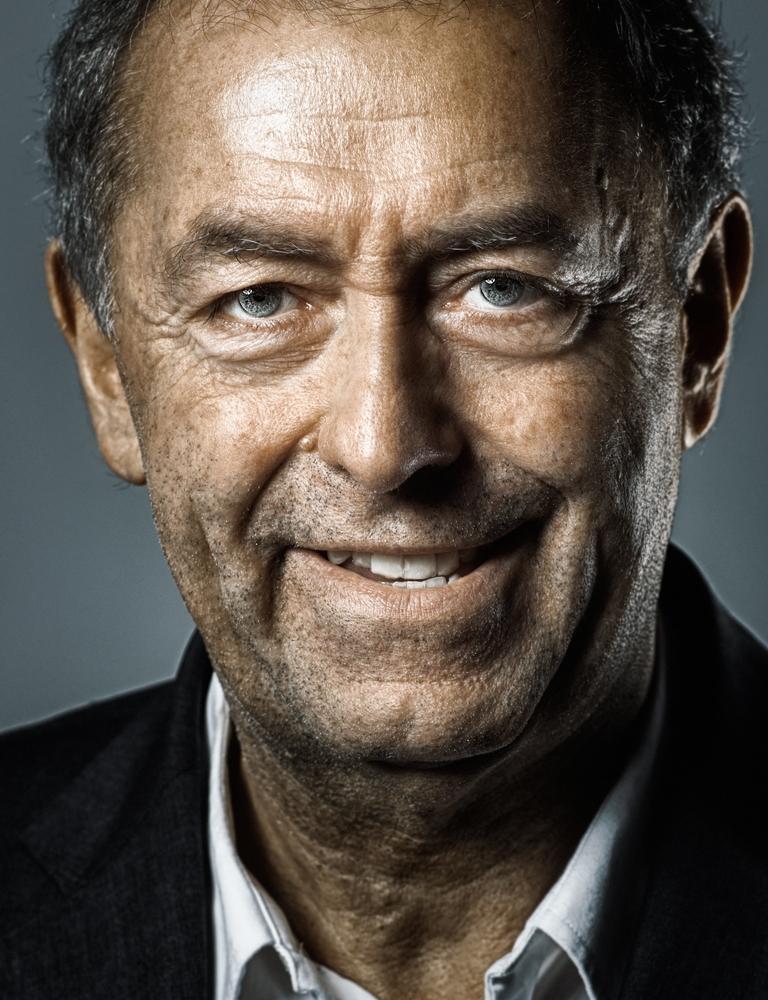Pollmeier magazine: Professor Radermacher, following the last climate summit in Paris it was agreed to limit global warming to (ideally) less than 2 degrees. This was celebrated as a great success in the media. Is it that?
Franz Josef Radermacher: Paris was indeed a great success. After all, it can’t be taken for granted that almost 200 countries with very different interests and initial situations are able to agree on common positions with regard to such a sensitive issue as the climate. With the Global Climate Treaty which is due to enter into force in 2020 we will have a significantly improved initial situation compared to the current state of affairs. However, that does not means that the actual pledges in this treaty would result in the conditions to limit global warming to 2°C or less – that is another issue.
P-M: In your talk „Globalisation – Sustainability – Future: The Role of Resources and The Timber Industry”, you state: „With regards to the sustainability debate, the reference is not to the survival of mankind, but rather to the living conditions of billions of people.” What do you mean by that?
F.-J. Radermacher: Today Earth is home to 7.5 billion people, 10,000 years ago this figure was just 20 million. Billions of people would still be able to live on Earth even if the climatic conditions were to change dramatically. Yet this number would probably be far less than today. However, the living conditions of those who remain would not be nearly as comfortable as what we are currently used to. In particular, the transition to this „new” world would come with great stresses, unnecessary suffering and premature deaths of possibly billions of people. This must be prevented as far as possible, even if we are not talking here about the survival of mankind as a whole.


